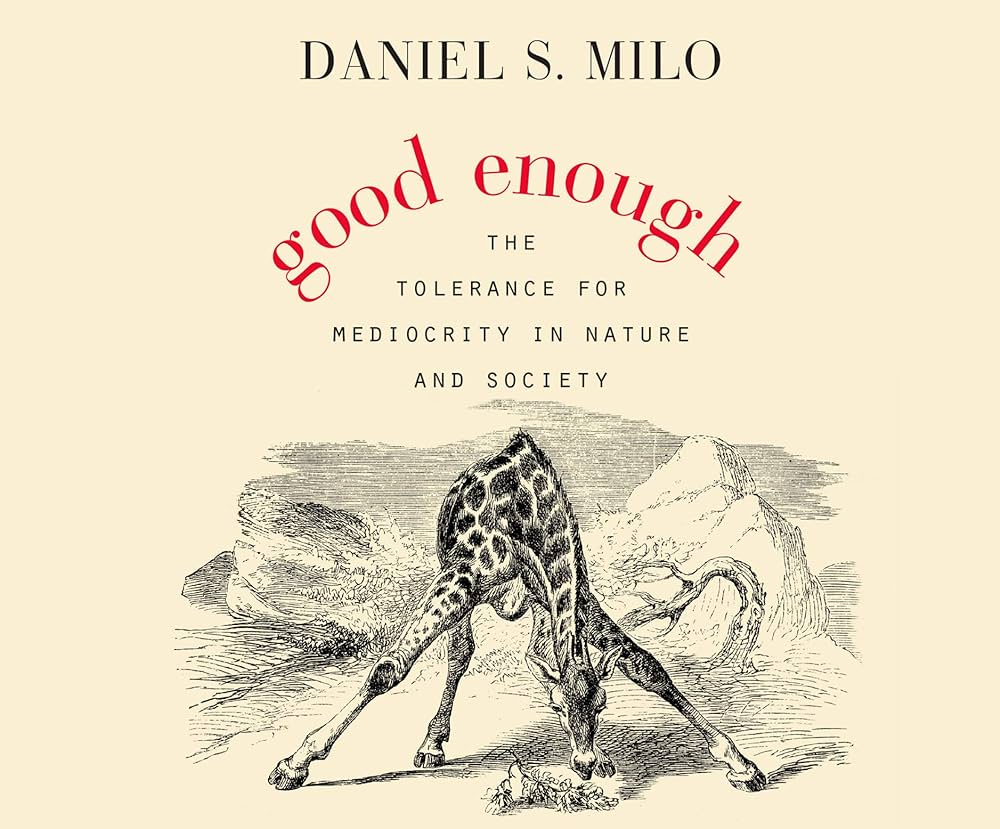
|
Daniel S. MiloGood Enough - The Tolerance for Mediocrity in Nature and Societypp. 124-126 |
Generality is the signal and uniqueness the noise
Fundamentally, neutraity helps us keep our attention on the case that matters most, which is the general case. Aristotle described the proper focus of science when he aserted that “the universal is more important than the perception of particular cases.” Yet biologists obsess over uniqueness, hence Romanes’s unheeded admonition that specific characters - traits that distinguish a species from its nearest relatives - are precious to taxonomists but may well be useless for the organisms themselves. The traits on which species boundaries are based need not be useful; the need only be nonlethal. Indeed, as I detail in Chapter 7, the most useful traits tend to be those shared by many species, those that have proven their value to survival and reproduction across geological time and thus have persisted through bottlenecks. Generality is the signal - the selected - and uniqueness the noise. For evidence, we might look to our own eyes and genomes and fingerprints. Every human iris has its special patterns of colors, every genome its unique contents, and every fingerprint its singular topography of ridges and valleys. These signatures are useful to criminal investigators and designers of biometric passwords; they are biological indicators of the individual and no one else. All useful traits resemble each other; each neutral trait is special in its own way.